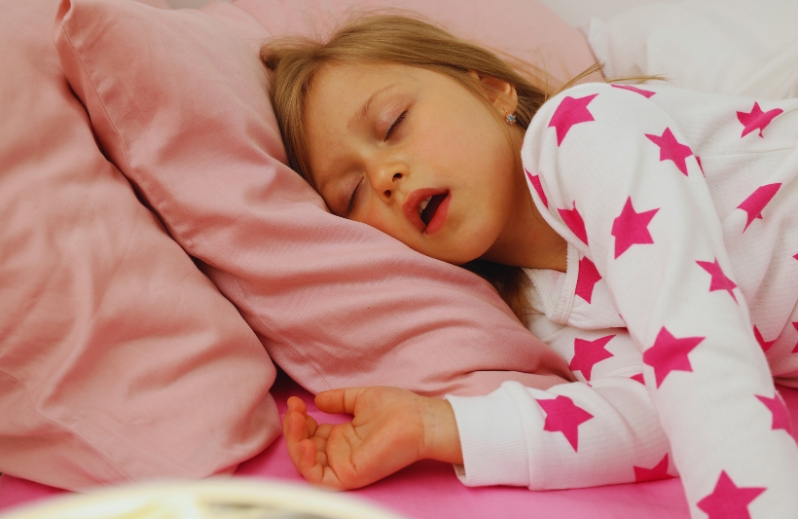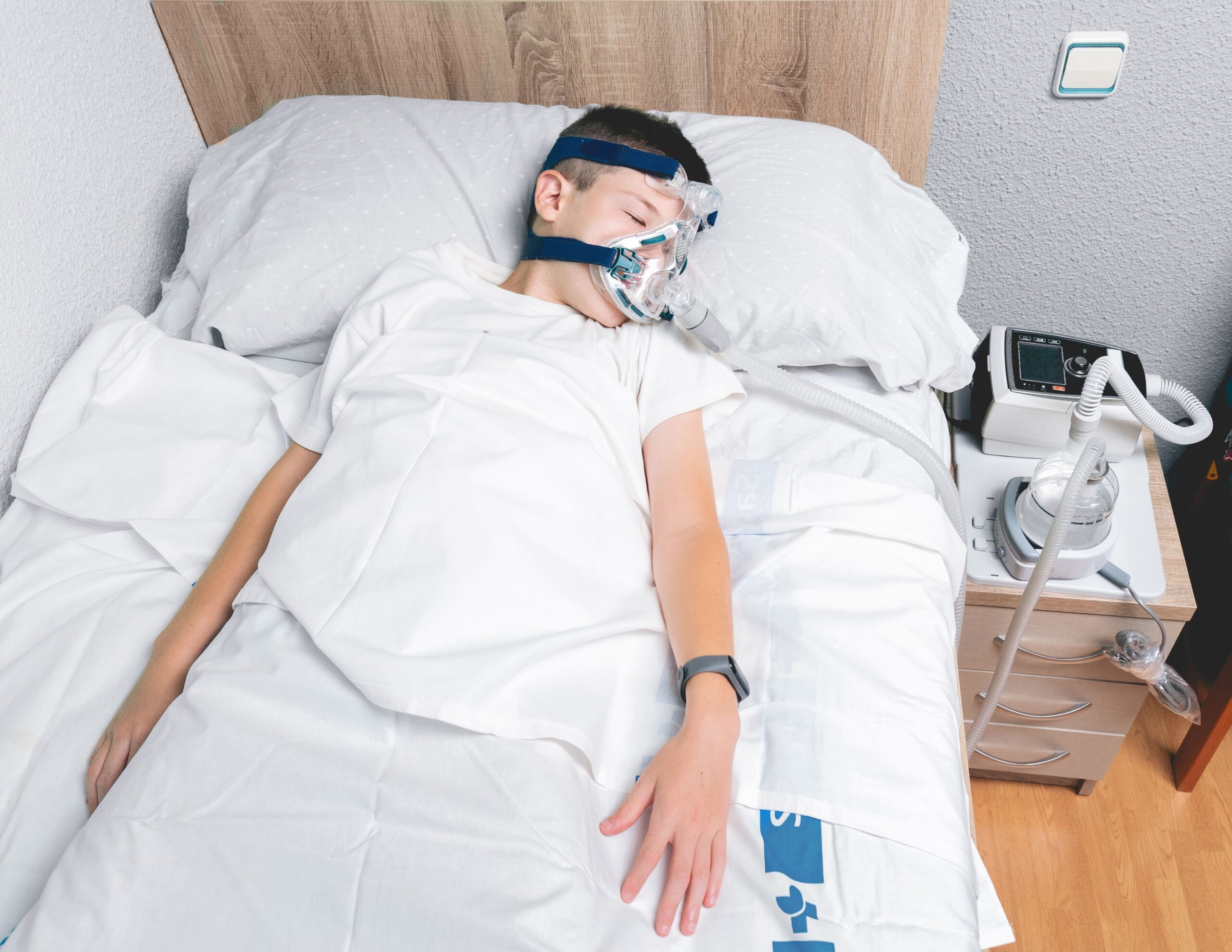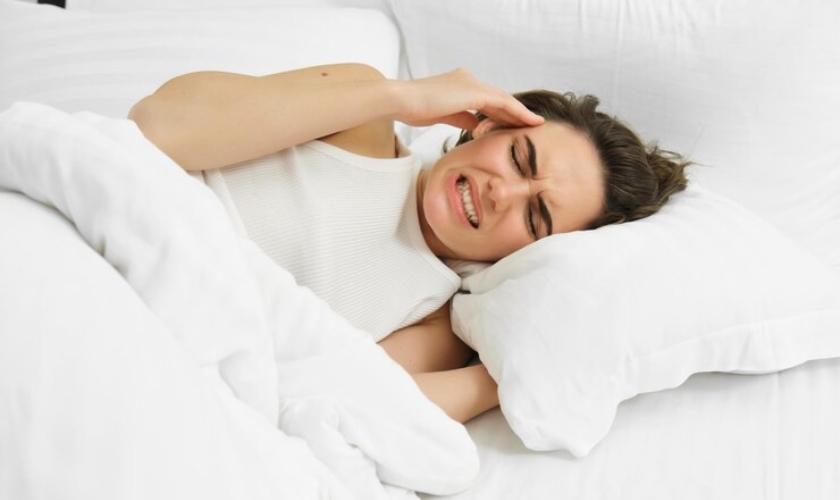509-315-9840
Tips for Parents to Help Your Child Sleep Better with Sleep Apnea

Listening to your kid’s troubled breathing or snoring like a freight train concerns every parent. If parents also notice behavioral struggles among kids or learning difficulties along with this, it can be sleep apnea. It can affect children’s health, energy levels, and overall well-being. So, behavior changes or growth problems are common among kids with untreated sleep apnea.
What’s Sleep Apnea?
Sleep apnea is a physical condition that can affect both children and adults. It causes loud snoring or gasping for air during sleep, making a restful night of sleep impossible. Lack of sound sleep can also make people cranky, inattentive, physically weak, frequently bedwetting, or sleepy during the day.
It’s best not to sit with these troubles and contact a healthcare provider for a solution. If your child is diagnosed with this, you can follow these tips to manage sleep apnea:
1. Create a Sleep-Friendly Environment in Your Kid’s Bedroom
A soothing bedroom environment helps calm the mind and lets your child receive better rest, even with sleep apnea. The best adjustments you can make in your little one’s room are:
- Using blackout curtains to block light
- Keeping the room quiet and maintaining a comfortable room temperature
- Keeping electronic devices away from the room
- Choosing hypoallergenic bedding to prevent breathing issues during sleep
2. Focus on a Healthy Bedtime Routine
Sleep apnea might worsen if your kid doesn’t follow a bedtime routine. A bedtime routine helps regulate your child’s sleep cycle. The best you can do for sound sleep at night is:
- Set a bedtime routine for your kids
- Encourage reading books before bedtime
- Avoid screen time at least an hour before bed
3. Manage Weight with Nutritious Meals and Exercise
Obesity is also one of the root causes of sleep apnea in children. Munching on unhealthy snacks and lack of physical activities make maintaining a healthy weight a struggle for kids. Help your child to reduce the side effects of sleep apnea by:
- Planning meals rich in fresh fruits, vegetables, and lean proteins
- Limiting sugar-laden snacks and beverages
- Encouraging regular physical activity, like biking or playing outdoors
4. Consider Professional Treatment Options
While throat muscles often play a leading role in obstructive sleep apnea among kids, jaw or tooth misalignment or dental arch issues can also be a culprit behind it. Your treatment for sleep apnea begins with identifying the cause behind this and scheduling early orthodontic treatment to restore regular oral condition. It may take time for children to adjust, but it can significantly improve sleep quality.
5. Support Emotional Well-Being
Around 1-3% of children suffer from obstructive sleep apnea. As a parent of a kid who is struggling with the basic need of humans – sleep, life can look difficult for them. You should extend your support to address their fears or frustrations with care. Show them that managing their condition is a team effort.
Improving sleep for children with sleep apnea requires patience and consistency. You can make the most of these tips to manage sleep apnea by consulting a local healthcare provider. Only a specialist can guide you on the best treatment plan for pediatric sleep apnea.





